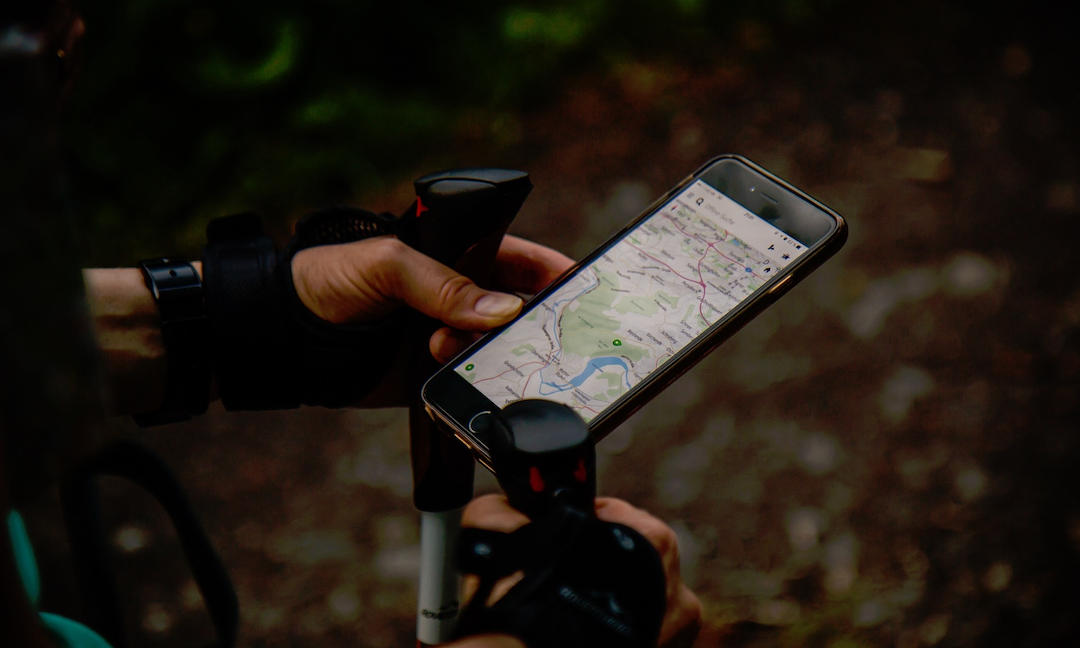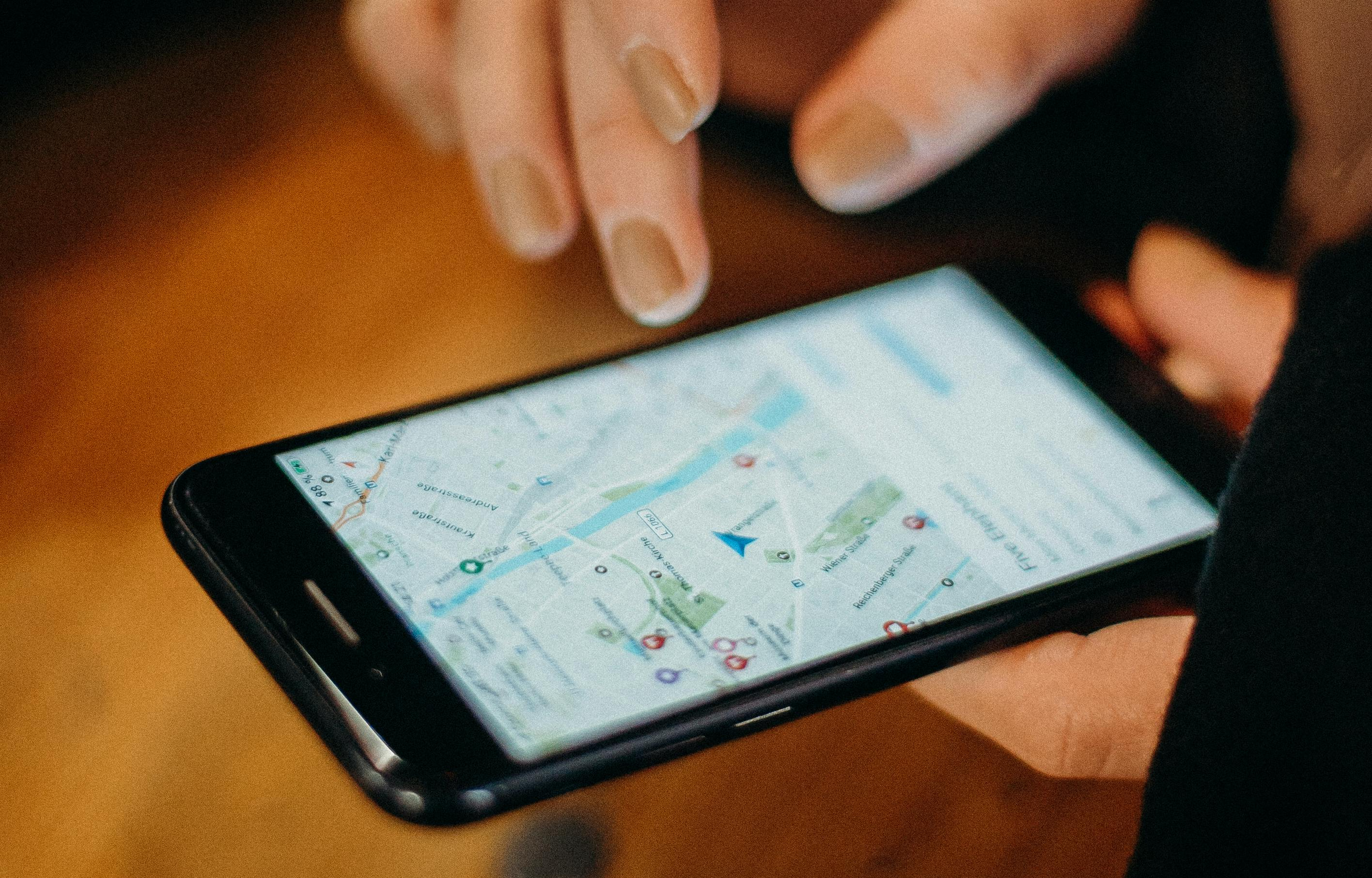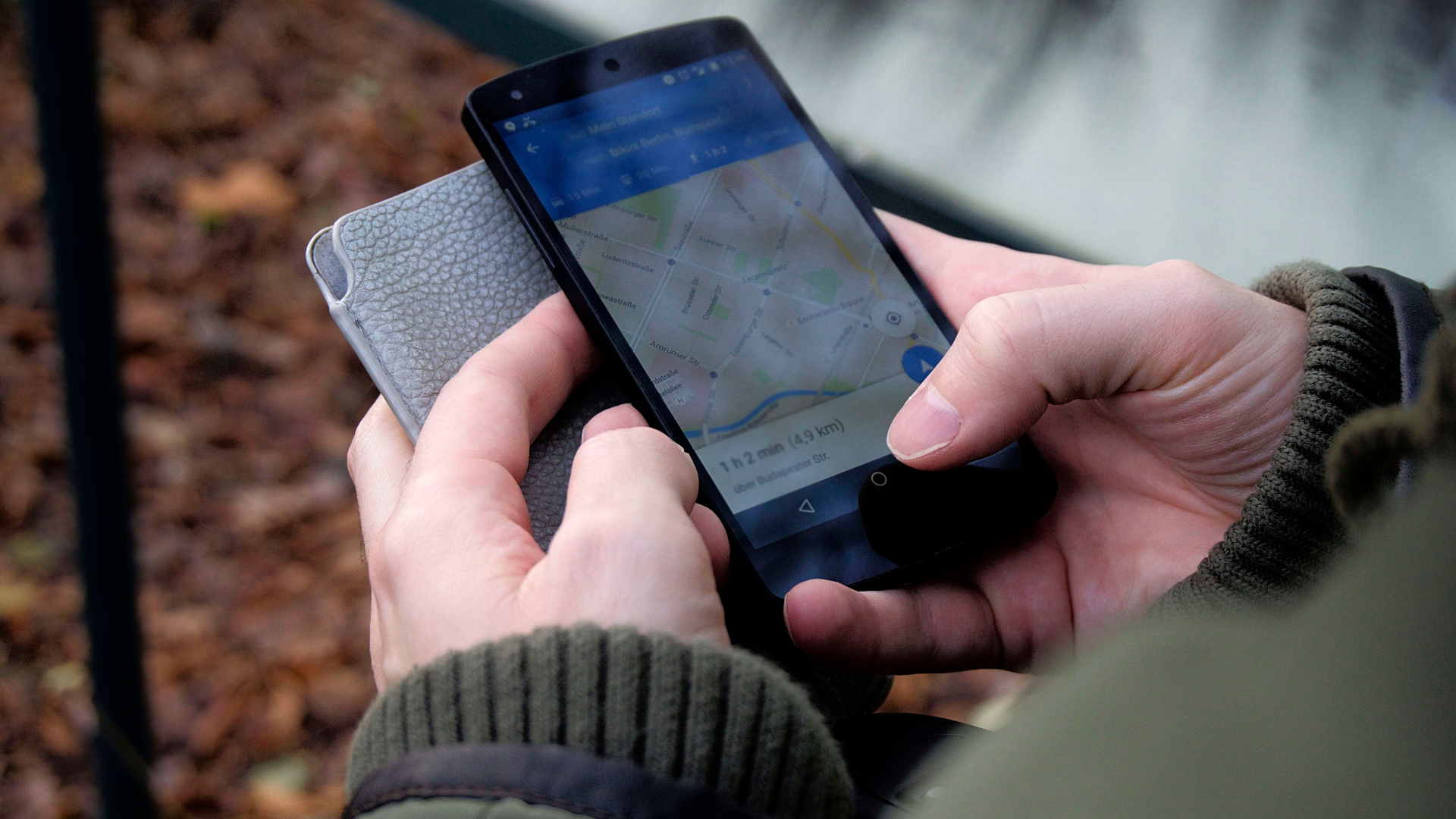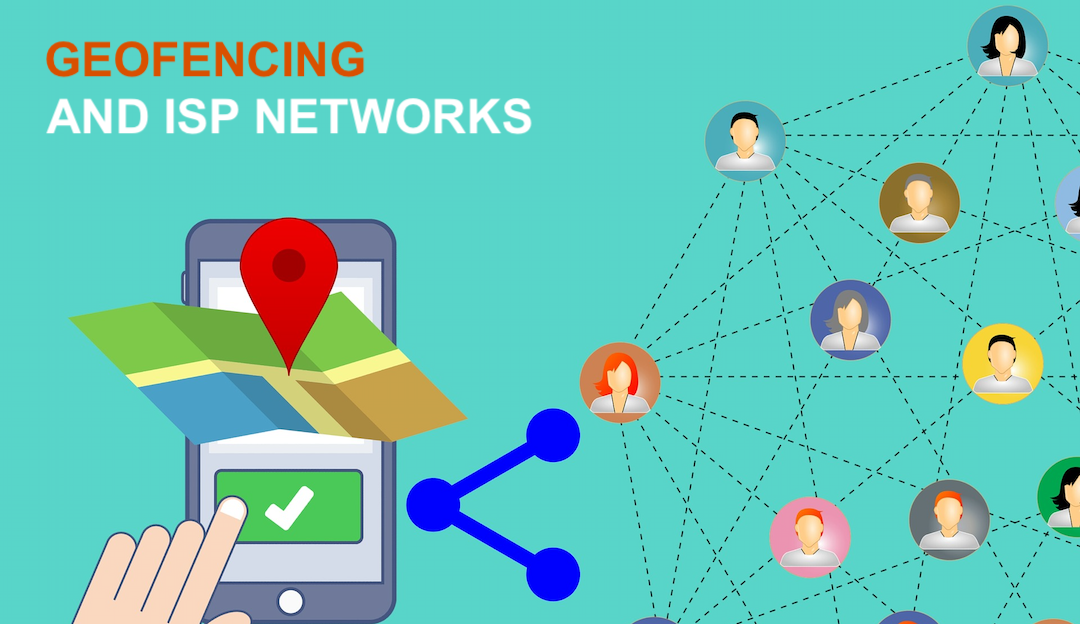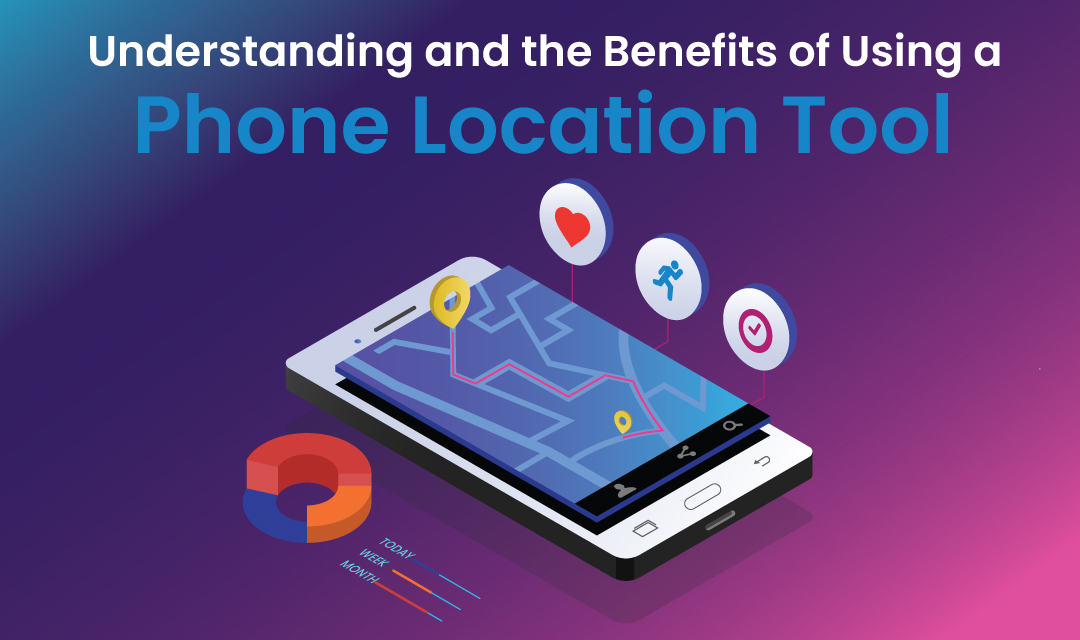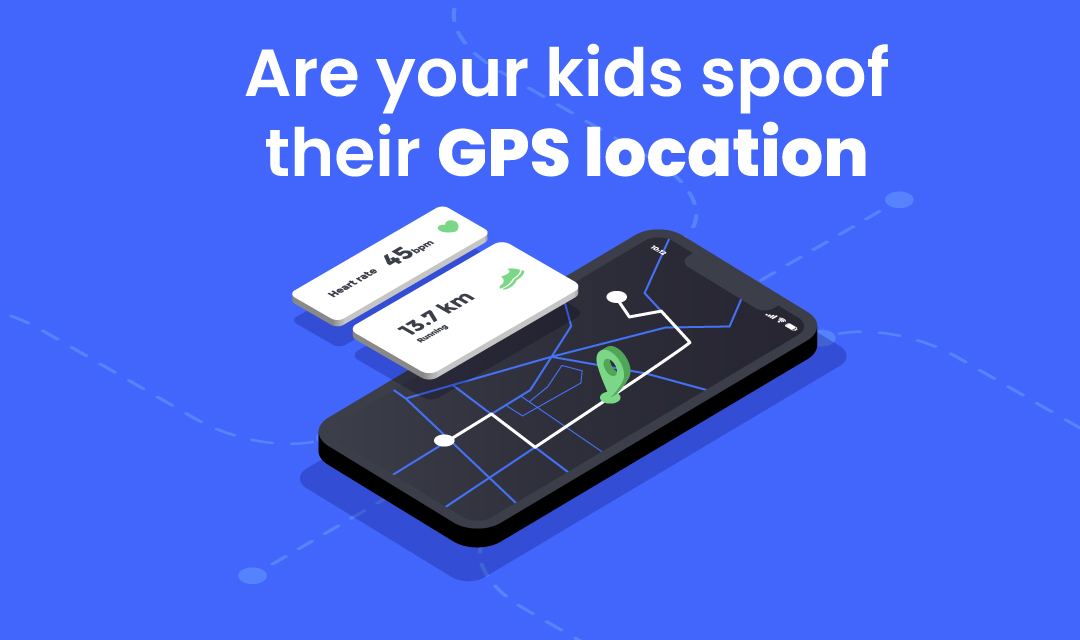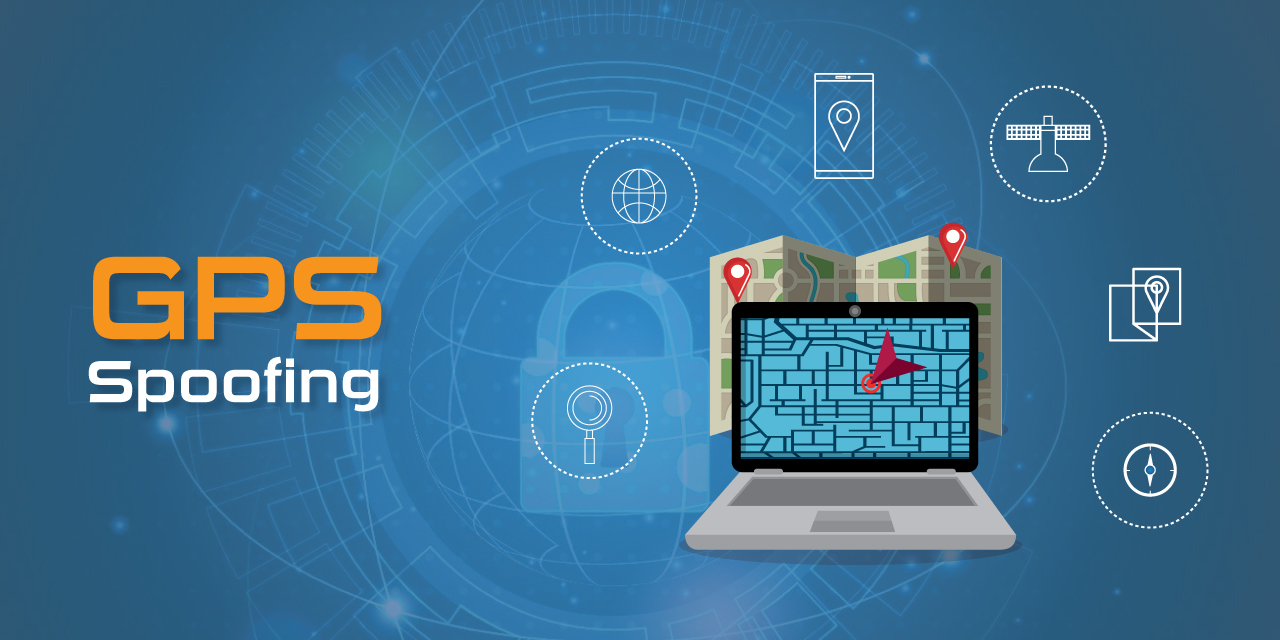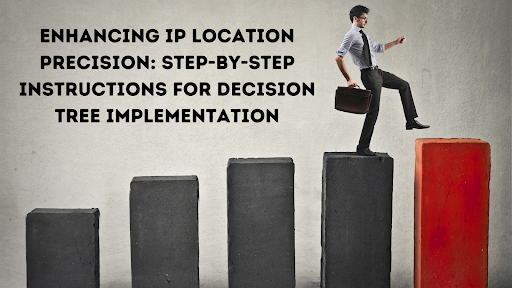
Geotargeting is indispensable for customer engagement. Precise IP location capabilities are no longer "nice to have". Basic IP geolocation techniques often lack the detail needed to support key uses. This is where decision tree models offer a solution. By learning from multidimensional data, they can enhance IP-to-location mapping accuracy by up to 90%.

